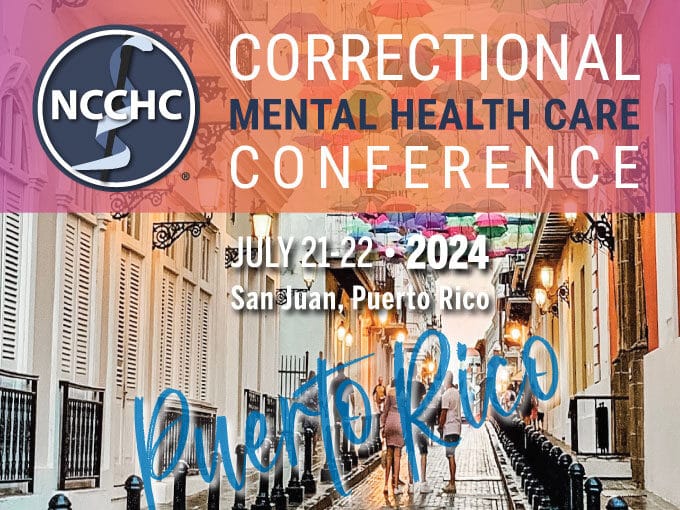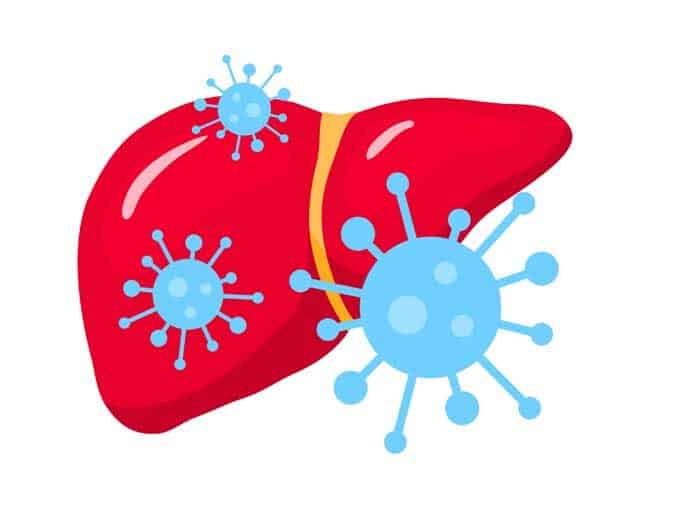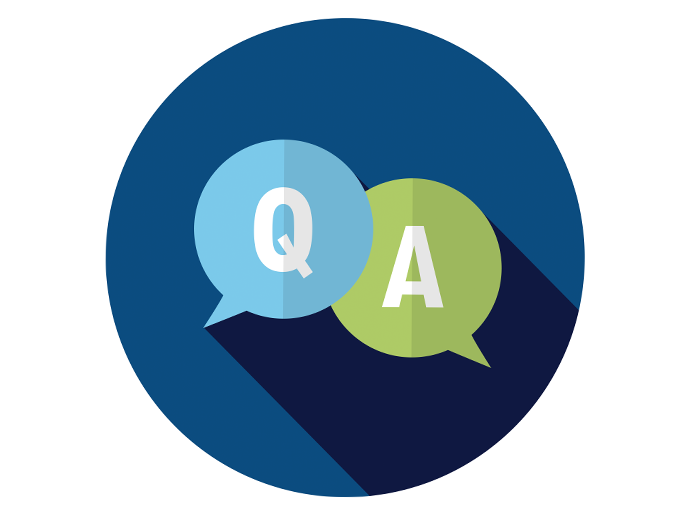
Say hola to Puerto Rico
The 2024 Correctional Mental Health Care Conference will be held in sunny San Juan!
Home The Importance of Parental/Guardian Involvement in Youth Health Care
 Dec 27, 2021
Dec 27, 2021Kids are exactly that – kids. Children and adolescents in the community regularly have at least one parent or legal guardian with them during health care appointments. Not only is it usually the right thing to do, but legal consent for treatment is often necessary.
Those laws also apply in juvenile detention and confinement settings. Although parental consent laws for treatment vary by jurisdiction, it is important to remember the positive differences that parental engagement makes in all health care delivery systems.
Active parental engagement enhances patient and parent dignity, collaboration, participation, and respect, creating a more caring environment where youth, parents, and health professionals work together to improve quality of care and safety. In addition, it is known that youth who feel supported by their parents are more likely to make better life and health choices.
So why do parents not typically attend health appointments for youth in the juvenile justice system? How do we improve their engagement in their children’s health care?
New Strategies
At the Wisconsin Division of Juvenile Corrections, the health services units used to send a letter to parents upon youth intake explaining the comprehensive health care services offered and briefly describing the state statute that allows professional health staff to deliver basic health care services. The correspondence also requested information on the youth’s immunization history and past health care diagnoses and treatments.
It was not unusual to receive minimal response, so we sought new strategies to improve engagement, increase communication, and build healthier relationships with parents. Now, at intake we obtain a thorough health history from youth during the health screening and assessment process. We request additional health information through direct communication, often by phone, with the parents and by requesting community health records as needed and in coordination with the parents.
Professional health staff also update parents or legal guardians any time a youth has any type of injury, no matter how serious or how it may have occurred (e.g., accident, assault or battery, staff intervention, self-harm). To enhance communication and strengthen relationships, nursing staff make additional calls to provide updates on previous notifications of injuries or illness, educate parents/legal guardians on upcoming events such as testing and vaccines, and inform them of off-site specialty appointments.
Initially, we received mixed responses about the increased contact, especially when an injury occurred from a safety staff intervention (i.e., physical redirection or contact) related to unsafe activity or behavior. However, with a focus on education and support by the health care professional, parents now frequently request updates, call for information or follow-up, and develop trusting and engaged relationships with the staff for the betterment of the youths’ health and overall progress.
Positive Outcomes
Since the onset of COVID-19, parents/legal guardians are updated on their youths’ health and vaccination status. If a youth tests positive for the virus, professional health staff inform the parents/legal guardians the same day and offer to keep them updated daily while the youth is considered infectious. Many parents have requested these updates. Decisions on the frequency of contacts are based on the family’s requests, schedules, and collaboration from the nurse. Communication occurs through phone calls, Zoom meetings, and/or email correspondence.
Parents or legal guardians are also informed of and encouraged to attend facility-ordered specialty appointments in the community. Collaborative discussions and agreement occur between health staff and safety staff while scheduling the appointments to ensure the safety of all. Active parent attendance and/or participation not only helps the youth and parent to get the most out of the specialty appointment, but also enables the community provider to thoroughly discuss care and consent for treatment with them.
Our parents/legal guardians are more engaged and grateful than ever for the care of their youth. Active parental engagement has reinforced that families are an essential dimension to their youth’s health and well-being. This closer involvement has improved the overall health status of the youth, and a longer-term benefit is the continuity of care, knowledge, and empowerment to continue receiving health care once they leave our facilities.
Steve Linn, MSN, RN, CCHP, is the health services nursing coordinator for the Wisconsin Department of Corrections, Division of Juvenile Corrections.


